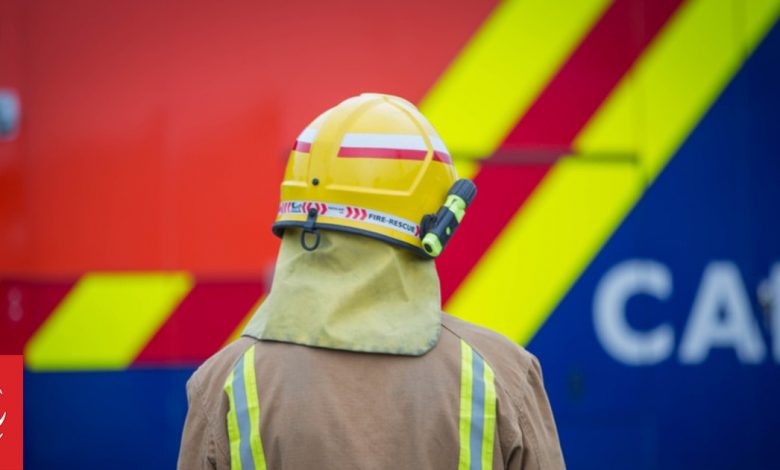Risk of uninsured buildings if FENZ levy changes go ahead – IBANZ

The Insurance Brokers Association (IBANZ) is warning that proposed changes to the FENZ levy on commercial property insurance premiums will make them unaffordable and lead to some property owners leaving their buildings uninsured.
The proposed changes would see the levy calculated from the sum insured rather than the value of the building, from 2026.
With the value of buildings continuing to rise, IBANZ said its members were predicting levies could increase by as much as 400 percent.
IBANZ chief executive Mel Gorham said there needed to be a reduction in the levy rate to reflect the calculation change.
She said the current proposed 4 percent decrease was not enough.
IBANZ said the proposed changes would also see boats, aircraft, crops and rural infrastructure subject to the levy, despite “little prospect of FENZ services being used to protect them”.
The levy would also apply to aircraft operating within New Zealand.
“Nearly all NZ aviation insurance is placed into international markets by New Zealand insurance brokers and insured values of commercial aircraft can be more than US$100 million,” the association said.
“IBANZ believes FENZ stands to collect a substantially disproportionate amount of levy given most New Zealand airports are required to provide their own crash firefighting capabilities, funded through landing fees. Aircraft incidents outside of airport environments generally occur in remote areas which FENZ is less likely to be able to attend.”
The change would also mean search and rescue helicopters and light aircraft involved in emergency response would lose their current exemption.
“These types of aircraft are often used to provide firefighting assistance to FENZ, meaning the cost of the levy is likely to be passed back to FENZ through the fees charged for the services they provide.”

The Insurance Brokers Association (IBANZ) is warning that proposed changes to the FENZ levy on commercial property insurance premiums will make them unaffordable and lead to some property owners leaving their buildings uninsured.
The proposed changes would see the levy calculated from the sum insured rather than the value of the building, from 2026.
With the value of buildings continuing to rise, IBANZ said its members were predicting levies could increase by as much as 400 percent.
IBANZ chief executive Mel Gorham said there needed to be a reduction in the levy rate to reflect the calculation change.
She said the current proposed 4 percent decrease was not enough.
IBANZ said the proposed changes would also see boats, aircraft, crops and rural infrastructure subject to the levy, despite “little prospect of FENZ services being used to protect them”.
The levy would also apply to aircraft operating within New Zealand.
“Nearly all NZ aviation insurance is placed into international markets by New Zealand insurance brokers and insured values of commercial aircraft can be more than US$100 million,” the association said.
“IBANZ believes FENZ stands to collect a substantially disproportionate amount of levy given most New Zealand airports are required to provide their own crash firefighting capabilities, funded through landing fees. Aircraft incidents outside of airport environments generally occur in remote areas which FENZ is less likely to be able to attend.”
The change would also mean search and rescue helicopters and light aircraft involved in emergency response would lose their current exemption.
“These types of aircraft are often used to provide firefighting assistance to FENZ, meaning the cost of the levy is likely to be passed back to FENZ through the fees charged for the services they provide.”
A Fire and Emergency spokesperson said public consultation on the levy ran for six weeks concluding last Friday.
Feedback was now being considered before FENZ and the Department of Internal Affairs ppresented some options to the government.
It was expected the government’s final decision on the levy rates for the 2026-29 period would be made later this year.
However, FENZ did not intend to over collect levy.
“Concerns about the changes to exemptions or the move to sum-insured from indemnity are about the levy system and not within the scope of Fire and Emergency’s consultation. Enquiries about the levy system can be made to the Department of Internal Affairs,” the spokesperson said.
According to the news on Radio New Zealand




